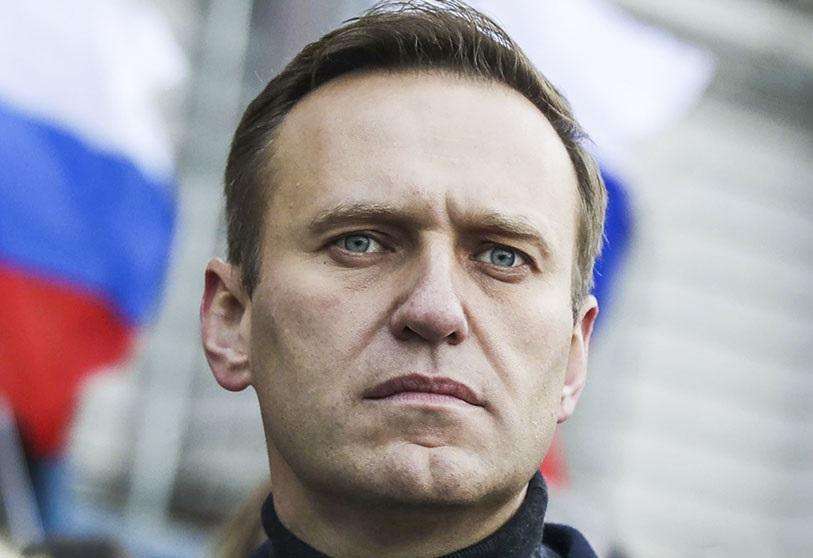Navalni supporters call for new demonstrations across the country

Around 110,000 Russians took part in unauthorised marches and demonstrations across the country on Saturday to demand the release of Navalni, who is in prison awaiting trial.
The Russian authorities warned that the demonstrations called for Saturday were unauthorised and threatened to punish those who took to the streets to the full extent of the law, a promise they made good on with a violent police crackdown.
A total of nearly 3,500 protesters were detained during Saturday's rallies in dozens of Russian cities from Moscow to Vladivostok in Russia's Far East, a scale unprecedented in recent years, according to the NGO OVD-Info, which specialises in monitoring protest demonstrations.
Following the arrest of Alexei Navalny, the international community has condemned what happened and demanded the immediate release of the Kremlin opposition leader. The United States, the European Union and several organisations have joined the call. The last to make it official was the UN.
The foreign ministers of the European Union (EU) will meet today in Brussels for their first meeting of the year, a week after the arrest in Moscow of the Russian opposition leader Alexei Navalni and two days after the demonstrations calling for his release, although it is not expected that they will approve new sanctions against Russia, due to the lack of unanimity among European countries.
The head of French diplomacy, Jean-Yves Le Drian, said the wave of arrests the day before in Russia was an "authoritarian drift" and an "unbearable" attack on the rule of law.
Meanwhile, the Kremlin on Sunday accused the United States of "interfering" in Russia's internal affairs, while downplaying the extent of demonstrations in support of jailed opposition figure Alexei Navalny, which gathered tens of thousands of people across Russia the day before.Around 3,500 protesters in total were detained at the rallies on Saturday.

The team of Russian opposition leader Alexei Navalny on Monday called for new demonstrations across the country on Sunday, following the success of the mobilisation organised last weekend. "On January 31, at 12:00 noon. All the cities of Russia. For the release of Navalny. For freedom for all. For justice," a close ally of the jailed opposition figure, Leonid Volkov, wrote on Twitter.
His call to demonstrate was accompanied by a video investigation, viewed more than 70 million times since Tuesday on YouTube, in which he accuses Vladimir Putin of having built a lavish private residence on the Black Sea coast for one billion euros.
Leonid Volkov told AFP on Sunday that he was "very impressed and inspired" by the results of the events organised the day before. He said there should be further protests in Russia "next weekend".
The Kremlin today played down the significance of last night's mass protests across Russia in support of extra-parliamentary opposition leader Alexei Navalni, saying that the majority of Russians support President Vladimir Putin.
"Now many will say that a lot of people came out to the illegal actions. No, few people came out, many people vote for Putin (...) If you compare the numbers, you will understand that these are very few people, but they are also Russian citizens," said Kremlin spokesman Dmitry Peskov.
Similarly, HRW found that the Russian authorities repress freedom of expression and peaceful protests through "police brutality, violence and mass arrests".
"There were numerous reports of excessive use of force by police, including beatings, with many photographs or footage taken by the media or citizens and posted on social media," it said.
While the NGO admitted that there were "some incidents of violence by protesters", it defended that the vast majority of the protests were peaceful.
Navalny has shown that he does not want to join the list of Russian opponents in exile. Despite his declarations, he is aware that his return would entail serious dangers. However, he also knows that the only way to maintain influence is to be on the front line, and that requires his presence in the country.









